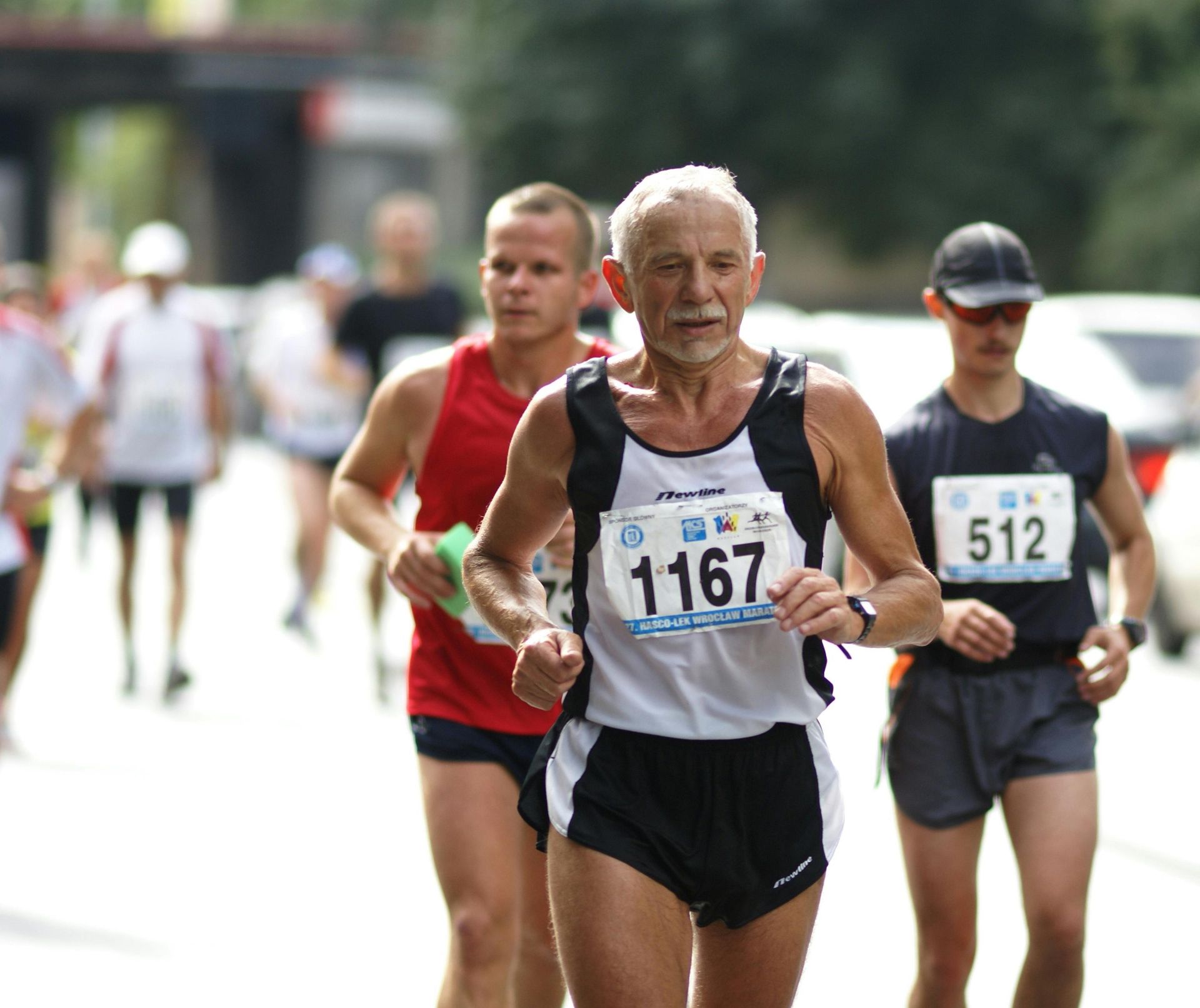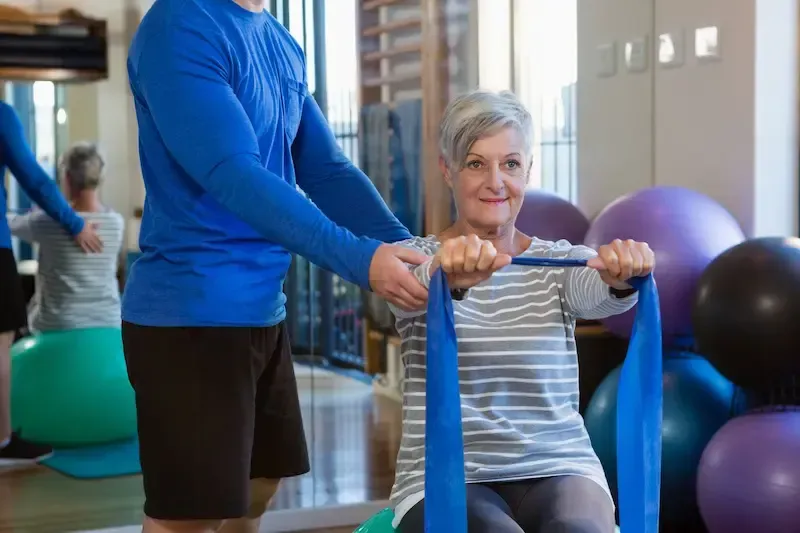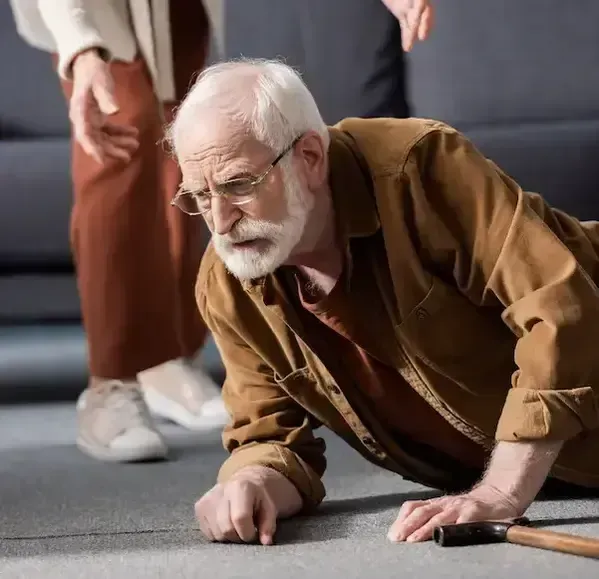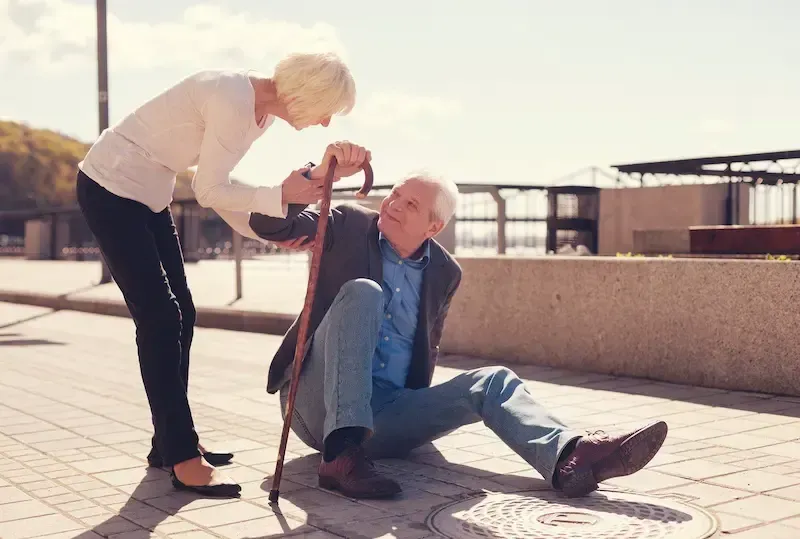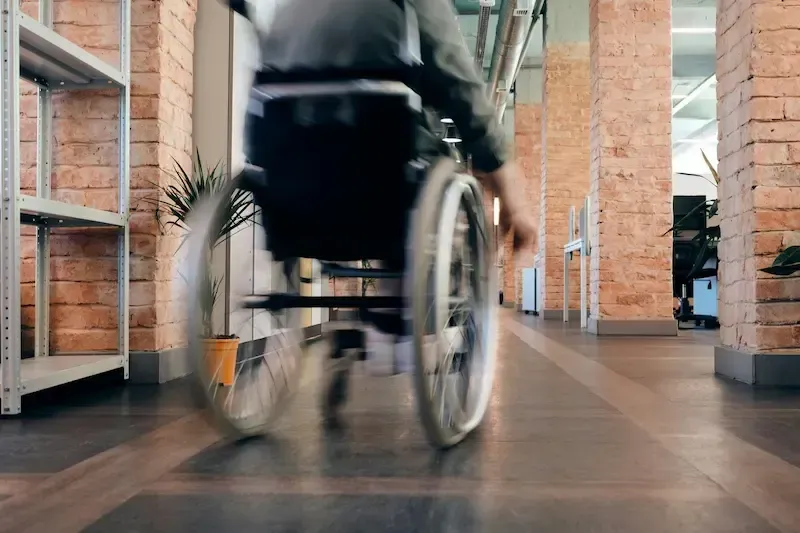Understanding Dementia in Seniors: How Exercise Can Help
Dementia is one of the most pressing health challenges facing seniors today. According to the World Health Organization, over 55 million people live with dementia worldwide, and this number is projected to rise as the global population ages. While dementia, including Alzheimer's disease, cannot be cured, there is growing evidence that regular physical exercise can help delay the onset of symptoms, slow cognitive decline, and improve overall quality of life for seniors living with dementia.
What is Dementia?
Dementia is an umbrella term for a range of cognitive impairments that severely affect memory, thinking, and social abilities and interfere with daily life. The most common type of dementia is Alzheimer’s disease, but other forms include vascular dementia, Lewy body dementia, and frontotemporal dementia.
Dementia typically progresses in stages, starting with mild symptoms such as memory loss or confusion and eventually advancing to the point where individuals need help with basic activities like dressing, eating, and personal care.
The Impact of Dementia on Seniors
Dementia presents numerous challenges, not only for the individuals diagnosed but also for their families and caregivers. Memory loss, impaired judgment, confusion, and difficulty with communication can lead to feelings of frustration, anxiety, and depression. Physical health can also deteriorate as dementia progresses, leading to issues with mobility, balance, and an increased risk of falls.
The Role of Exercise in Managing Dementia Symptoms
While there is no cure for dementia, research shows that physical exercise can be critical in managing symptoms and improving quality of life. Exercise helps improve cognitive function, mood, physical health, and overall well-being. Here’s how:
Slowing Cognitive Decline
Several studies have shown that regular physical activity can slow the progression of cognitive decline in seniors with dementia. Exercise promotes blood flow to the brain, which supports brain health by stimulating neuroplasticity (the brain's ability to form new connections) and reducing inflammation.
Aerobic Exercise: Activities like walking, swimming, or cycling can improve cardiovascular health and increase oxygen flow to the brain, which may help maintain cognitive function. A 2020 study published in the journal *Alzheimer’s Research & Therapy* found that regular aerobic exercise improved memory and executive function in seniors with mild cognitive impairment.
Improving Mood and Reducing Anxiety
Seniors with dementia are at increased risk of depression and anxiety, which can exacerbate cognitive decline. Exercise has been shown to release endorphins, the body's natural "feel-good" chemicals, which help boost mood and reduce symptoms of anxiety and depression.
Low-Impact Aerobics and Walking: These activities improve mental health without overexerting the body. Group exercise classes, such as senior-friendly dance or yoga, also provide social interaction, which can help reduce feelings of loneliness and isolation.
Enhancing Physical Function and Reducing Fall Risk
Seniors with dementia often experience a decline in physical function, leading to mobility issues and an increased risk of falls. Regular exercise can help improve strength, balance, and coordination, reducing the risk of falls and injuries.
Strength Training: Light resistance training using weights or resistance bands can help maintain muscle mass and improve balance. Strengthening the muscles around the hips, knees, and ankles can provide better support for mobility.
Balance Exercises: Exercises like tai chi and yoga are beneficial for improving balance and flexibility, both of which are essential for preventing falls.
Supporting Better Sleep Patterns
Sleep disturbances are common in seniors with dementia. Physical exercise can help regulate the sleep-wake cycle, leading to more restful sleep at night. A consistent exercise routine during the day can reduce the agitation and restlessness that often worsen in the evening, a phenomenon known as "sundowning."
Developing an Exercise Routine for Seniors with Dementia
Creating a safe and enjoyable exercise routine is essential for seniors with dementia. Here are some tips:
Start Slowly: Begin with light activities and gradually increase the intensity and duration as tolerated. Walking, light stretching, and chair exercises are excellent places to start.
Incorporate Routine: Establishing a consistent exercise schedule helps create a sense of routine, which can be comforting for individuals with dementia.
Include Social Interaction: Exercise classes designed for seniors can provide a supportive environment for social interaction, which is important for mental health.
Ensure Safety: Always prioritize safety. Clear exercise spaces of obstacles, provide supervision when needed, and choose exercises that are appropriate for the individual’s physical ability.
Exercise as Part of a Holistic Approach to Dementia Care
Exercise should be part of a broader strategy for managing dementia symptoms. Cognitive activities (such as puzzles or memory games), a healthy diet rich in brain-supporting nutrients (like omega-3 fatty acids), and social engagement are critical components of a dementia care plan. For caregivers, exercise can also be a positive and shared activity, offering moments of connection and enjoyment.
At Senior Fitness Palm Springs, we recognize the importance of incorporating physical activity into the lives of seniors living with dementia. Our specialized fitness programs focus on improving cognitive health, mobility, and emotional well-being, all while ensuring a safe and supportive environment. Whether through guided walking sessions, strength exercises, or balance training, we are committed to helping seniors live healthier, more fulfilling lives.
While dementia is a challenging and progressive condition, regular exercise offers a powerful way to enhance the quality of life for seniors affected by it. From improving cognitive function to boosting mood and physical health, staying active is one of the best ways to maintain independence and well-being.
---
Sources:
1. World Health Organization (WHO). "Dementia." https://www.who.int/news-room/fact-sheets/detail/dementia
2. Alzheimer's Research & Therapy (2020). "The effects of exercise on cognition and brain health in older adults with mild cognitive impairment." https://alzres.biomedcentral.com/articles/10.1186/s13195-020-00604-w
3. Mayo Clinic. "Exercise benefits seniors with dementia." https://www.mayoclinic.org/healthy-lifestyle/fitness/in-depth/exercise/art-20047414
4. Alzheimer's Association. "Exercise and Dementia." https://www.alz.org/help-support/brain_health/exercise
5. National Institutes of Health (NIH). "Physical Activity and Dementia: Mechanisms of Benefit." https://www.ncbi.nlm.nih.gov/pmc/articles/PMC5904814/
